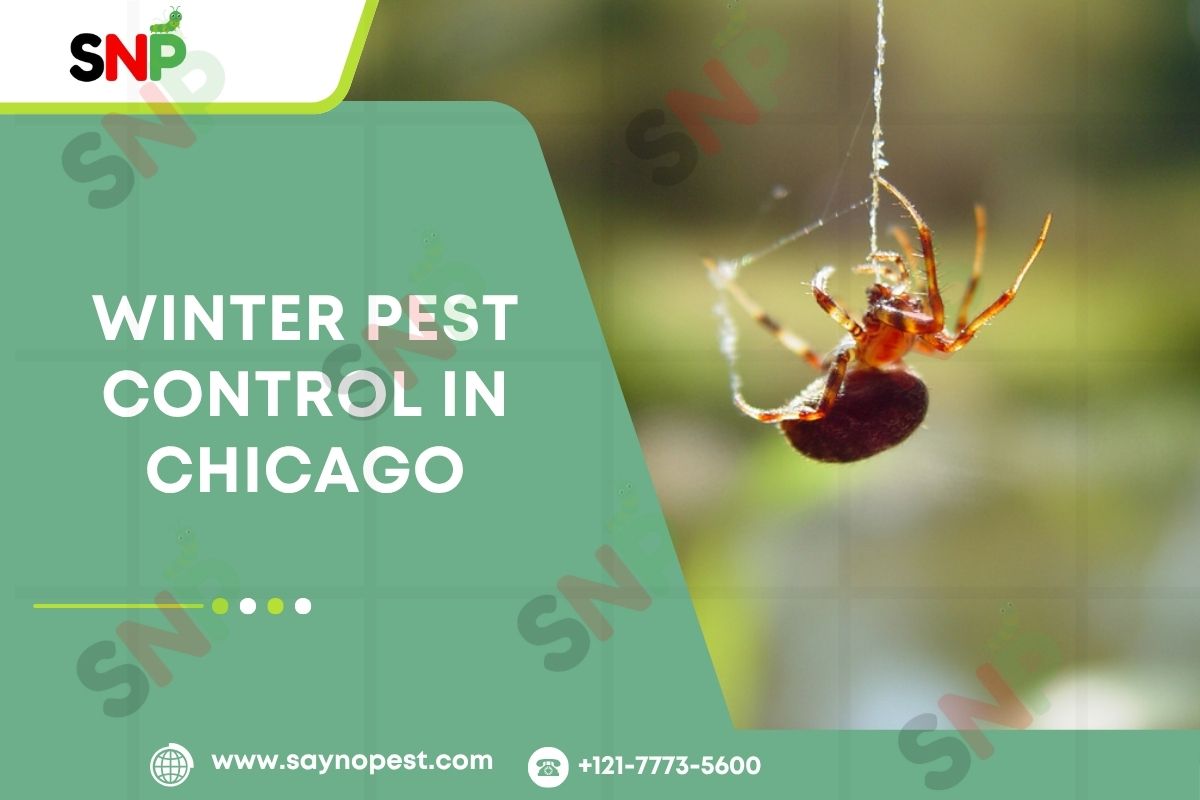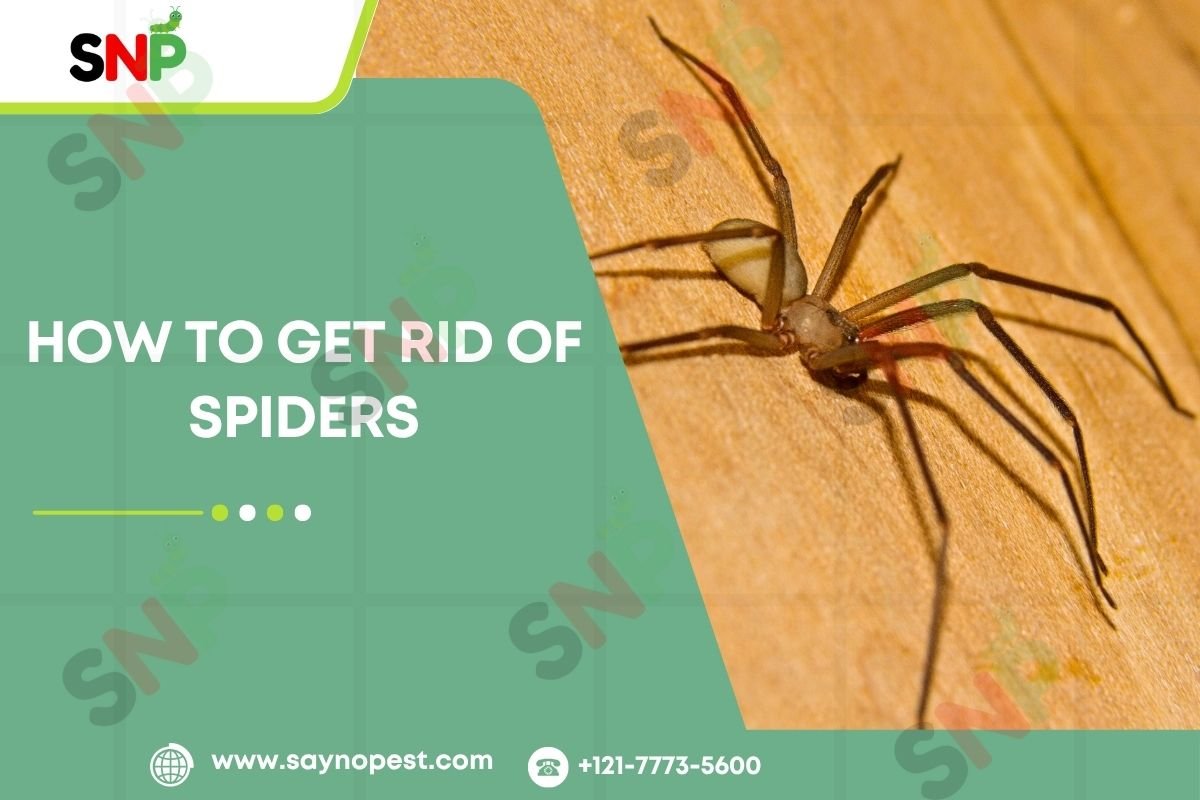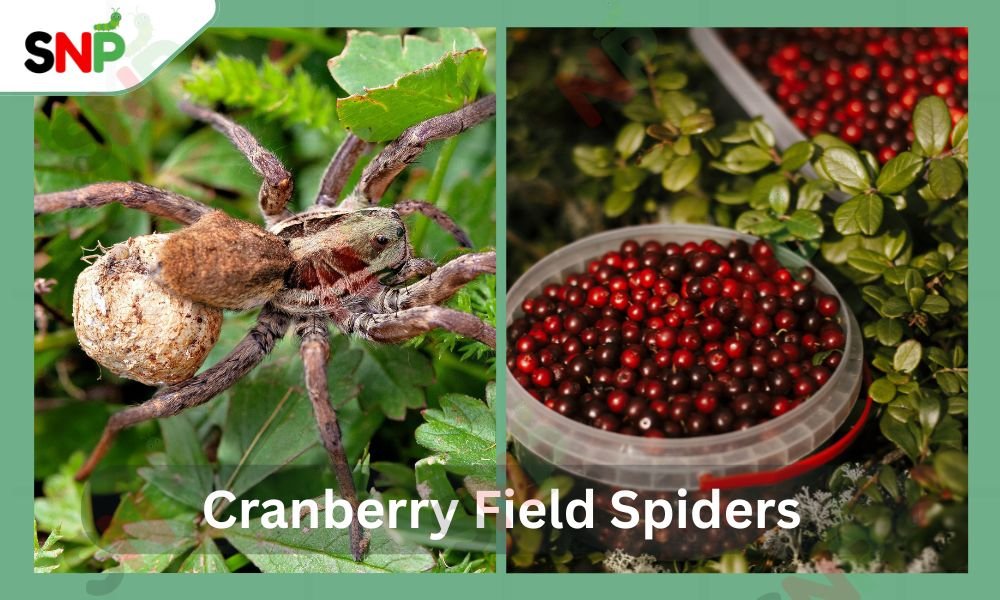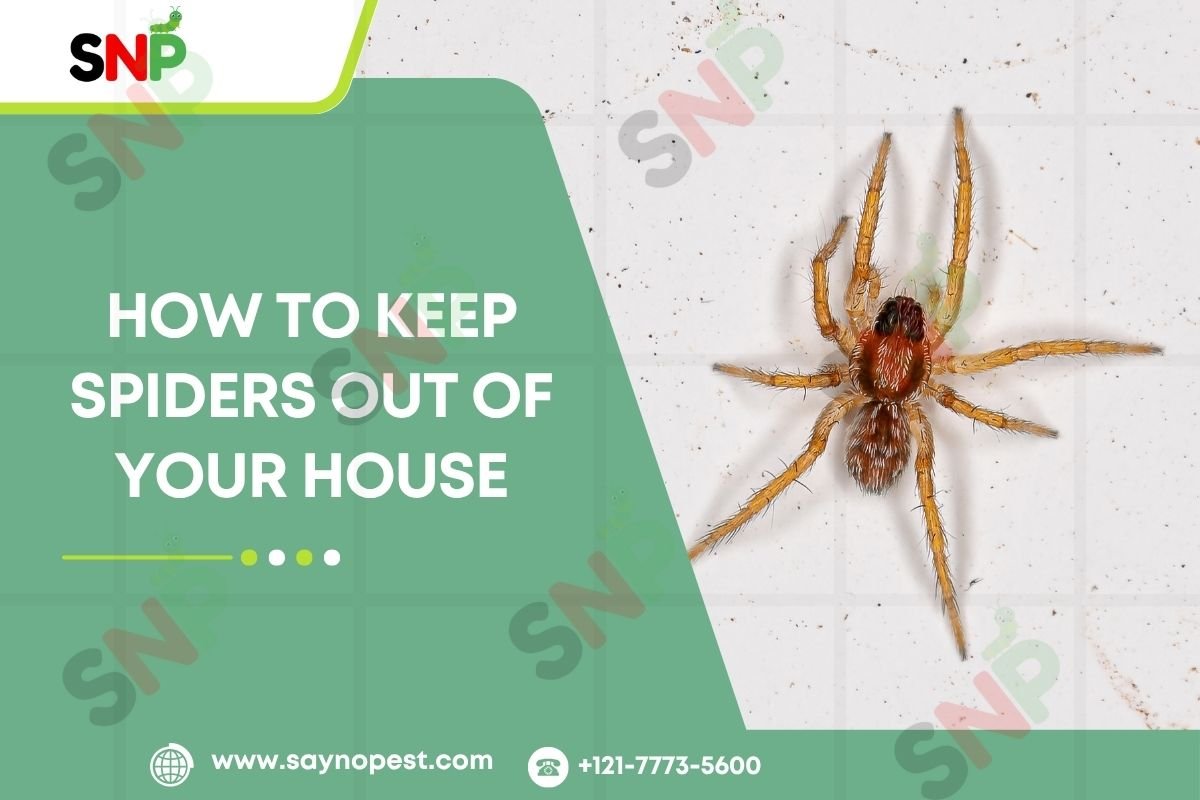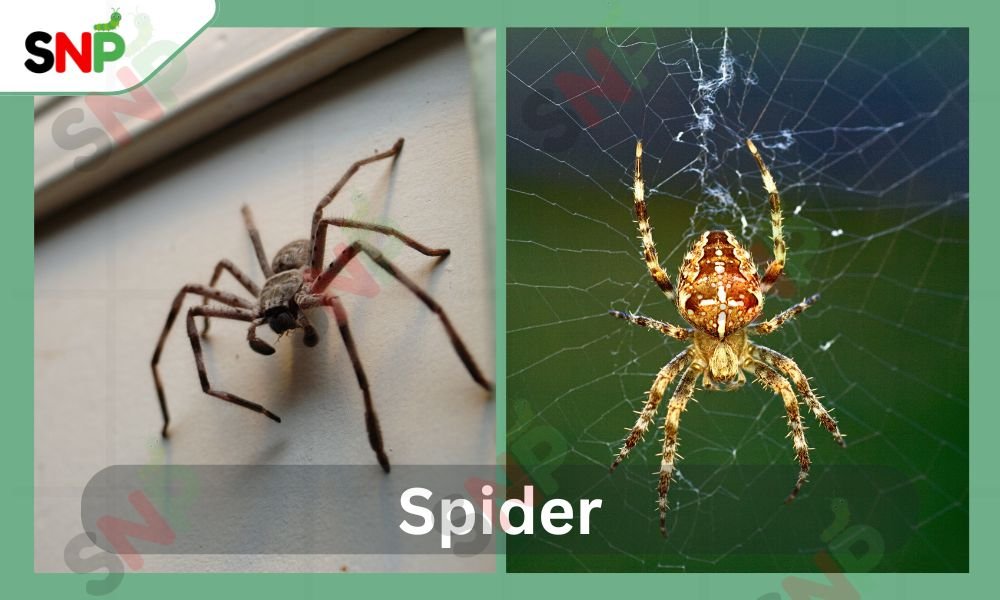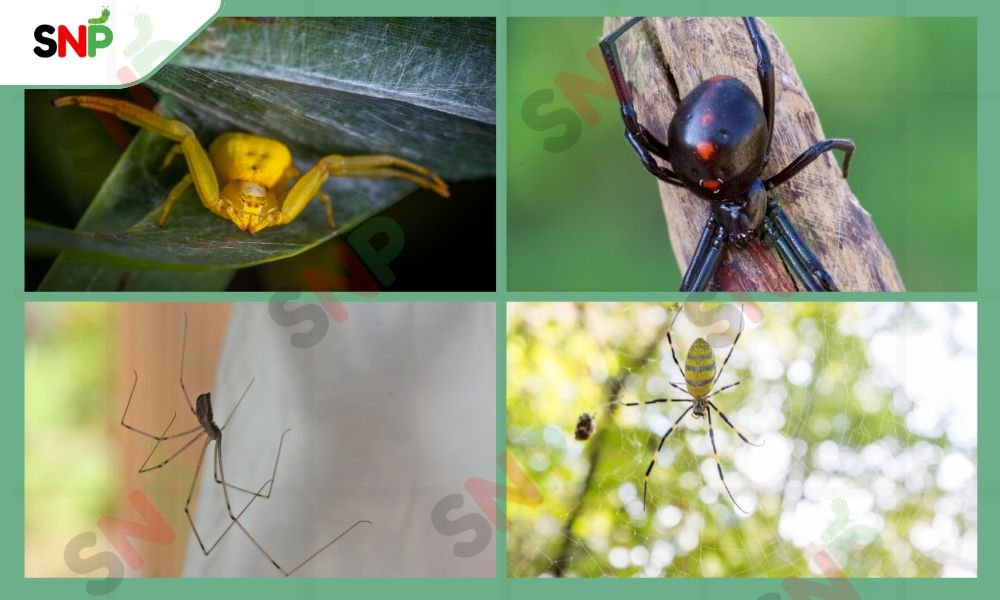Once the winter hits in and around Chicago, the temperatures do not go down alone, as pests also start seeking shelter in the house. To both homeowners and renters, it is important to know how to deal with unwanted visitors in the winter. Throughout this article, we shall discuss the pests to be seen in the Windy City, their reasons to invade, and ways of securing your place of residence. We will also be particularly attentive to the contribution of professional assistance, particularly to spider-specific issues, and we will refer to such reliable sources as the U.S. Environmental Protection Agency (EPA) and national companies such as Terminix. You have to go to saynopest in case you require good solutions to winter pests.
Why pests invade in winter
Although the winters in Chicago are severe, pests do not just vanish. Rather, most of the species relocate to indoor areas where they seek three basic needs; food, water and shelter. The EPA supports the fact that the preventive basis of the pests is the diversion of these resources.
For example:
- Mice and rats are rodents that are able to squeeze through cracks in foundations or walls which are very small.
- Spiders tend to trail and hunt other pests that have taken shelter indoors.
- Dark and dirty basements, attics or garages make the perfect shelters to unwanted winter inhabitants.
Winter pests that are common in Chicago

This is what the common winter pests in Chicago are and how they act:
Rodents (mice & rats)
- Basements and crawl spaces are some of the best points of entry in the older homes of Chicago. Rodents eat the insulation, wiring, cardboard boards and even drywall and their droppings cause allergies or can transmit a disease.
- The EPA in its Identify and Prevent Rodent Infestation guidance on how to identify red flags of rodents explains how to identify the droppings, nesting material or chewed packaging.
- Measures of prevention: close holes, remove food and water resources, keep garbage in closed containers.
Spiders
- Though not dangerous, many spiders have to migrate into the house in search of warmth and food during winter. They normally conceal themselves in corners, behind baseboards or in attics.
- To manage the spider, a lot of homeowners and businesses use the services of professionals, thus when you start searching for spider pest control companies, it is this kind of scenario you are dealing with.
- EPA mentions that prevention of the spiders should include sealing of the entry points as well as reduction of clutters.
In the event that you are thinking of employing the services of someone, then consider certified spider control companies in particular (see section below).
Other pests
Pantry pests and cockroaches might not leave homes despite winter, which is hot.
Other insects that find refuge in response to low temperatures outdoors include crickets, earwigs and centipedes.
Although the rodents and spiders are the headline pests, the holistic approach covers a lot of them.
Strategies of winter pest control of houses in Chicago
The cold season requires three major plans to Chicago residents:
1. Close and seal your envelope of your home
- caulk & weather-strip windows, doors and gaps between foundations.
- Install door sweeps, screen chimneys and vents, and fix broken siding or fascia.
In rodents specifically: steel wool or mesh should be used in holes, and clean areas should be kept around the foundation.

2. Take away food, water and shelter
Keep food in covered containers, wash pets and do not leave water unattended.
EPA
- Maintain dry and clean garages, basements and attics. Spiders & rodents prefer dirty and dark places.
- Clean trash-up on a regular basis & do not pile up mulch or leaf piles on your foundation.
3. Take professional assistance- particularly spider problems
Although DIY solutions can be effective, when spiders are the problem (particularly in cases when you believe that you are dealing with poisonous ones or have a large population) it is prudent to call in the services of professional spider killers. These companies are knowledgeable enough to know species, find nests and treat them accordingly.
- Nationwide pest-control companies such as Terminix insisting that the cold months are the seasons of greater rodent and spider activity, and that they recommend year-round coverage.
- You want to call spider control companies, ensure that they are licensed, have good reviews and they have protocols during winter seasons.
- Searching and contracting spider control companies.
- In case of spiders in your house then these are tips on how to select the appropriate provider
Request companies to provide references and licensure
See that their treatment program involves the inside and outside examination, closing the access points, vacuuming the webs and utilizing the aim at the specific spots to prevent the use of broad sprays.
Talk about whether they specialise in spiders (not pests in general) and how they work in winter (e.g. crawl spaces, storage).
Discuss the contract: What is their guarantee? What is not included? (e.g. some spiders might need additional treatment)
It is important to stress that it is necessary to hire one of the reputable spider control companies in the Chicago region when it comes to recurring webbing, big spiders, or just to have peace of mind.
Terminix Chicago, Orkin Midwest insights
It is useful to appeal to industry-wide advice. For example:
Terminix emphasizes the danger in the winter: with the outside insects diminishing, spiders, mice and rats start to search ways in to get inside. That is to say, opened entries and restricted food supply result in increased chances of rodents and spiders in winter.
To serve residents who are on the go or those dealing with seasonal treatment, Terminix provides year-round plans which includes numerous varieties of pests (such as spiders and rodents) in Chicago.
The references should be mentioned to deliver the message that even seasonable pests control should be performed throughout the year.
What should be paid attention to by Chicago house owners this winter.
The following is a convenient list of items that you can use to get your winter pest control strategy started:
- Take a walk around the outside of your home with a flashlight and seal up any holes bigger than 1/4 inch in diameter around foundations, pipes and vents.
- Insulate attics, garages and basements, keep dry and clean.
- Close food in containers, sweep up food crumbs and leave no pet food overnight.
- Vacuum frequently, particularly in the corner areas, behind pieces of furniture, along the baseboard and in storage areas- this will help get rid of the spider web, egg of the spider and the hiding areas of rodents.
Conclusion
Chicago winter has sufficient challenges and pests are not an exception. The rodents run in out of the cold, the spiders seek warmth and shelter and old houses with holes or dampness are particularly prone. And you do not have to allow pests to occupy your house. With proactive sealing, cleanup and preventive measures as well as the assistance of the trained spider pest control companies, you can be ahead of the situation. And to an easy, creditworthy point of departure in this struggle fall back on saynopest.
